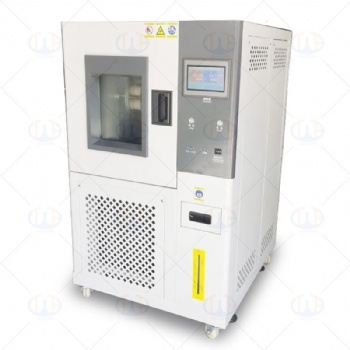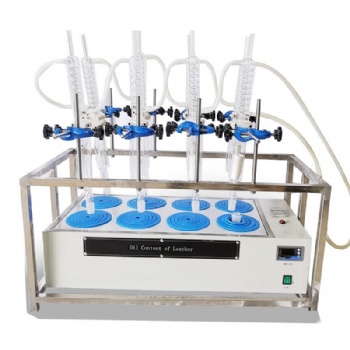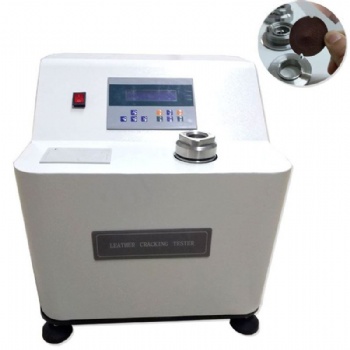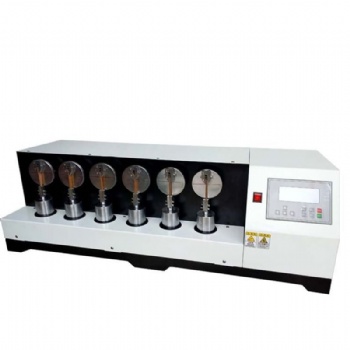News
Computer Display Hydraulic Universal Testing Machine: The Ultimate Guide for Accurate Material Testing
Computer Display Hydraulic Universal Testing Machine: The Ultimate Guide for Accurate Material Testing
In modern material testing, precision, reliability, and data accessibility are key. The computer display hydraulic universal testing machine (UTM) combines powerful hydraulic mechanisms with advanced computer control, making it ideal for testing a wide variety of materials under various conditions. With applications in metals, concrete, plastics, and composites, this versatile machine is widely used in industries such as construction, aerospace, automotive, and metallurgy.
This article will guide you through the features, test standards, and applications of a computer display hydraulic UTM, along with the advantages it brings to material testing labs.
What is a Computer Display Hydraulic Universal Testing Machine?
A computer display hydraulic universal testing machine is a high-capacity testing device that uses hydraulic power to apply force on a specimen and a computer system to control and display real-time data. "Universal" indicates its ability to perform a variety of tests, including tension, compression, bending, and shear. This machine is especially suitable for testing materials that require high loading capacity, such as metals and concrete.
This type of UTM is equipped with a load frame, hydraulic cylinder, grips, and a computer-based control system that provides digital displays and data logging capabilities. The hydraulic system allows for precise force application, while the computer interface simplifies data handling and reporting, enabling detailed analysis for R&D and quality control.
Key Features of a Computer Display Hydraulic UTM
High Load Capacity: Hydraulic UTMs typically offer high load capacities, ranging from 100 kN up to several thousand kN. This makes them suitable for testing strong materials, such as metals and construction materials.
Digital Control and Display: The machine’s digital interface allows for precise control of the test parameters and real-time display of force, displacement, and other critical data, which can be stored and analyzed using the accompanying software.
Automated Data Logging and Reporting: With integrated software, users can store data, generate reports, and analyze test results, facilitating compliance with industry standards and enabling better quality control.
Flexible Testing Capabilities: Hydraulic UTMs can perform multiple test types, including tensile, compression, bending, and shearing, thanks to their interchangeable fixtures and adaptable hydraulic system.
Durability and Safety: Hydraulic systems are known for their durability, and computer-controlled machines often include safety features like overload protection, ensuring reliable operation over long periods.
Test Standards for Hydraulic Universal Testing Machines
For consistent, comparable results, hydraulic UTMs are designed to comply with international testing standards. Here are a few commonly applied standards:
ASTM E8: Standard Test Methods for Tension Testing of Metallic Materials. This standard specifies the procedure for tensile testing metals to determine properties like tensile strength and yield point.
ASTM E9: Standard Test Methods for Compression Testing of Metallic Materials. Used for compressive strength testing, which is critical for metals that need to withstand loads.
ISO 6892: International standard for tensile testing of metallic materials. ISO 6892 offers a comprehensive guide on test parameters, sample preparation, and test conditions.
EN 10002: European standard for determining tensile properties of metallic materials. This standard is similar to ASTM E8 and ISO 6892, adapted for European applications.
ASTM C39: Standard Test Method for Compressive Strength of Cylindrical Concrete Specimens. Commonly used for testing concrete in construction materials.
These standards define the parameters, sample preparation, and environmental conditions required to obtain accurate and reproducible results, ensuring that test outcomes meet industry and regulatory requirements.
Key Testing Parameters and Their Importance
Understanding the following parameters is essential when conducting tests on a hydraulic UTM:
Tensile Strength: The maximum stress that a material can withstand while being stretched. It’s calculated by dividing the force applied by the cross-sectional area of the specimen. This parameter is essential for materials used in load-bearing applications.
Compression Strength: The maximum load a material can bear before deforming permanently. This is crucial for materials like concrete and metals used in structural applications.
Elongation: The extent to which a material can be stretched before breaking, usually expressed as a percentage. This measure is vital for materials that require flexibility.
Yield Strength: The point at which a material begins to deform permanently under stress. This helps manufacturers understand the limits of elastic deformation.
Modulus of Elasticity: The ratio of stress to strain within the elastic region, indicating the stiffness of a material. Higher modulus values imply a stiffer material, while lower values indicate more flexibility.
Applications of Computer Display Hydraulic Universal Testing Machines
Due to their versatility, hydraulic UTMs are widely used across industries. Here are some popular applications:
Construction and Civil Engineering: Testing the compressive and tensile strength of concrete, steel, and other construction materials to ensure they meet safety and durability standards.
Automotive and Aerospace: Evaluating the tensile and compressive strength of metals, alloys, and composites used in vehicle frames, engines, and structural components.
Metal and Alloy Manufacturing: Conducting quality control tests to ensure materials meet standards for strength, durability, and flexibility.
Plastic and Polymer Testing: Ensuring that plastic materials used in consumer products and industrial applications meet safety and performance specifications.
Maintenance Tips for Hydraulic Universal Testing Machines
Regular maintenance is essential to keep a hydraulic UTM operating accurately and reliably. Here are some key maintenance tips:
Hydraulic System Inspection: Regularly check the hydraulic oil level and replace it as recommended by the manufacturer. Ensure there are no leaks, as low oil levels or contaminated oil can affect the machine's performance.
Calibration: Calibrate the load cell and other components periodically to maintain measurement accuracy. Calibration frequency depends on machine usage and industry standards.
Clean the Machine: Keep the load frame, grips, and surrounding area clean to avoid debris accumulation, which could interfere with testing.
Inspect Grips and Fixtures: Regularly inspect grips and fixtures for wear and tear, especially if you frequently test high-strength materials. Replace damaged or worn grips to ensure accurate clamping.
Software and Firmware Updates: Ensure the machine's software and firmware are up-to-date, as updates often improve performance and add features, such as enhanced data analysis tools.
Power Supply Stability: Connect the machine to a stable power source with surge protection. Power fluctuations can damage the electronics, affecting data accuracy.
Why Choose Jinan Wangtebei for Your Hydraulic Universal Testing Machine?
Jinan Wangtebei, a leading manufacturer of testing equipment in China, specializes in hydraulic universal testing machines with digital computer displays. Known for their commitment to quality and innovation, Wangtebei’s machines comply with international standards, ensuring accurate, reliable, and repeatable results. With customizable options, exceptional customer service, and support, they are a preferred choice for companies worldwide.
Advantages of Choosing Jinan Wangtebei:
High Quality and Durability: Built with robust materials, Wangtebei machines are designed for long-term use, even under high-capacity testing conditions.
Advanced Digital Features: Equipped with easy-to-use digital displays and powerful software, these machines enable efficient data handling and detailed analysis.
Comprehensive Support: Wangtebei provides full support for installation, calibration, training, and maintenance, ensuring that your equipment operates smoothly and accurately.
Final Thoughts
A computer display hydraulic universal testing machine is an invaluable tool for testing the strength, flexibility, and durability of various materials. With advanced digital control, high load capacity, and compliance with international standards, this machine enables precise material analysis, enhancing product quality and safety.
If you’re looking to invest in a high-quality hydraulic UTM, consider partnering with Jinan Wangtebei. With a strong reputation for reliability and customer service, Wangtebei provides testing solutions that deliver long-lasting value. Contact us today to learn more about how our hydraulic UTMs can benefit your testing laboratory.
IULTCS friction color fastness testing machine, JIS friction dyeing firmness testing machine, leather breaking strength testing machine, bally leather flexing tester
Categories
Contact Us
- +86-18615632092
- wtbequipment@hotmail.com
- sophie-tester
- +86-18615632092




 售前客服
售前客服